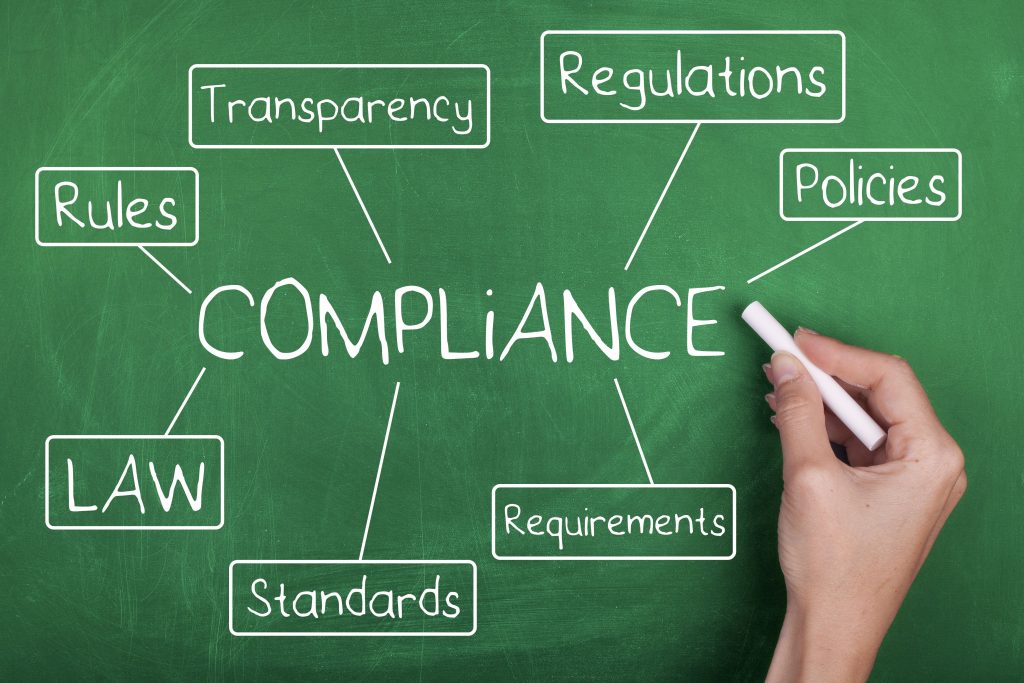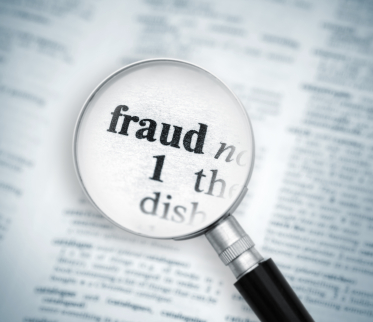
What Nonprofits Should Know About Congressional “Subpoenas”
The headlines are alarming. “Senator Demands Documents from Nonprofits Over Protests.” The letters are formal, printed on Senate letterhead, and request sweeping information, donor lists,

The headlines are alarming. “Senator Demands Documents from Nonprofits Over Protests.” The letters are formal, printed on Senate letterhead, and request sweeping information, donor lists,

My visit to the Museum of Communism reminded me that the destruction of freedom does not begin with tanks. It begins with silence, with unchecked power, with the slow erosion of the independent spaces where people gather to build something better.

In today’s highly politicized environment, executive orders often make headlines. Occasionally, there are claims that executive actions could be used to target nonprofits, particularly those

Nonprofits today are operating in a rapidly shifting environment where legal compliance, government scrutiny, and funding uncertainties are becoming more complex. With recent reports of

The IRS has issued a warning to taxpayers about a surge in fraudulent tax schemes involving donations of ownership in closely held businesses, often referred

The FTC has determined that non-competes are an unfair method of competition and thus a violation of the FTC Act.

The IRA introduced new rules allowing tax-exempt organizations to take advantage of federal tax credits for certain clean energy projects.

The new rule largely reverses the “core factors” test put into place during the Trump Administration.

The CTA introduces new reporting requirements for certain U.S. companies. Tax-exempt organizations are not required to file these reports.

This week is International Charity Fraud Awareness Week is organized by a global coalition of charities, regulators, law enforcement agencies, representative and umbrella organizations, and
Most states require you to register your organization if you solicit donations from their residents. Many states also require registration if your organization collects substantial or ongoing donations from their residents, even if you aren’t specifically targeting donors in that state. Download our comprehensive list of each state’s requirements.
Download our free guide to learn about the many elements needed to run a successful nonprofit organization, as well as how to avoid common pitfalls and mistakes.